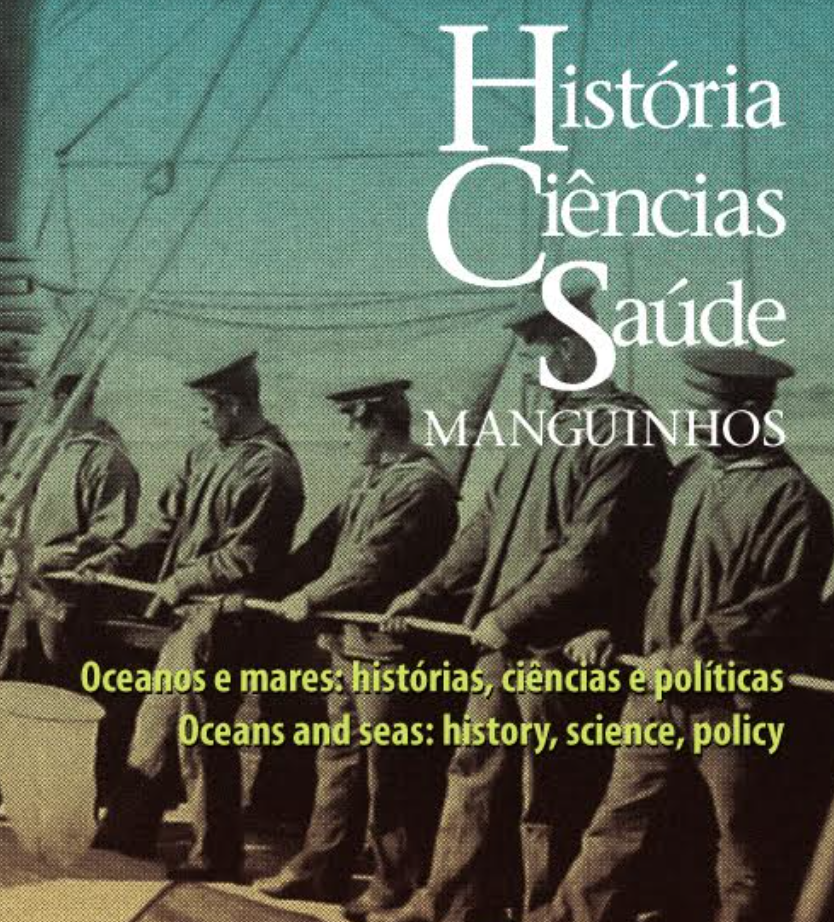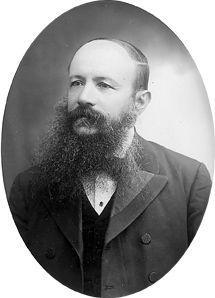March, 2021
 The decline of the AIDS Programme in Brazil is the topic of a new article written by Marcos Cueto, science editor of HCSM, and Gabriel Lopes post-doctoral researcher at Casa Oswaldo Cruz / Fiocruz.
The decline of the AIDS Programme in Brazil is the topic of a new article written by Marcos Cueto, science editor of HCSM, and Gabriel Lopes post-doctoral researcher at Casa Oswaldo Cruz / Fiocruz.
Backlash in global health and the end of AIDS’ exceptionalism in Brazil, 2007–2019, recently published in the journal Global Public Health examines the decline of Brazil’s AIDS Programme in the second decade of the twenty-first century.
Brazil was for many years, a model in Global Health due to a partnership between the government and health activists, the support of life-saving drugs as public goods rather than commodities and broad human-rights programmes.

On December 1st, 1983, World AIDS Day, activists and social movements participate in an act in Rio de Janeiro in support of the anti-AIDS campaign “Embrace solidarity”. Photo: Jornal do Brasil
The backlash in Brazilian policies to fight AIDS, however, was a result of the fragmentation of the left and the empowerment of radical conservative authoritarian and religious forces.
Read about Aids in HCSM:
AIDS in museums and archives In the last five years there has been a resurgence of museum exhibitions on the history of HIV and AIDS. This article by historian of medicine Manon S. Parry highlights some problems of this kind of exhibition.
A global player in the politics of Aids Marcos Cueto, science editor of HCSM, and Gabriel Lopes, postdoctoral researcher at Casa de Oswaldo Cruz (Fiocruz), explore the Brazilian participation in international debates on whether antiretroviral drugs were commodities or public goods.
HIV/AIDS, its stigma and history Our science editors André Felipe Cândido da Silva and Marcos Cueto discuss the HIV prevention policy adopted in Brazil since December 2017: the pre-exposure prophylaxis.
AIDS Between Science and Politics
Peter Piot, founding executive director of UNAIDS, recounts his experience as a clinician, scientist, and activist fighting the disease from its earliest manifestation to today.
Successes and setbacks in the fight against Aids The medical anthropologist Richard Parker, professor at Columbia University, examines the social and political aspects of HIV/AIDS in Latin America.
Faces of an Aids-free generation This UNAIDS book tells the stories of 12 African mothers living with HIV and their children born free of the virus.






